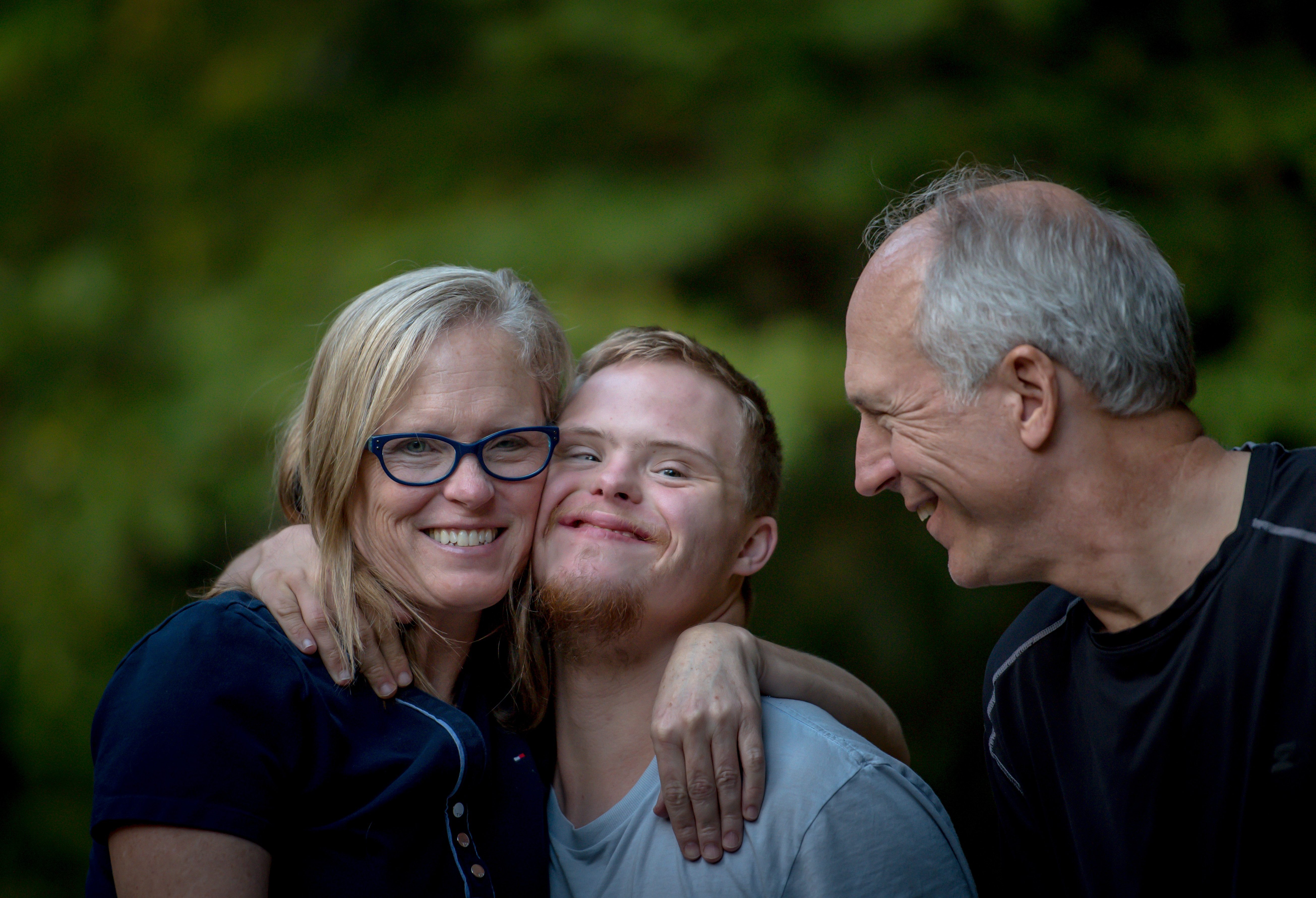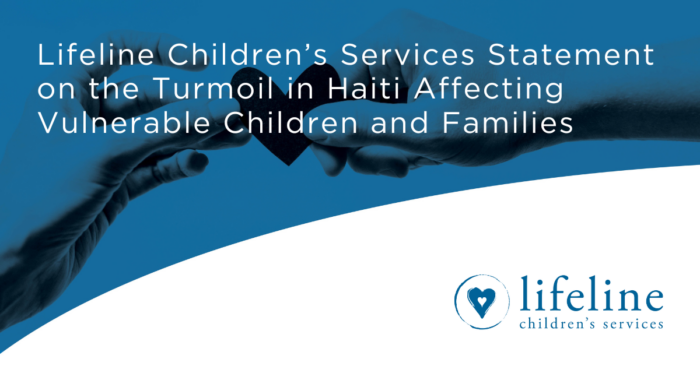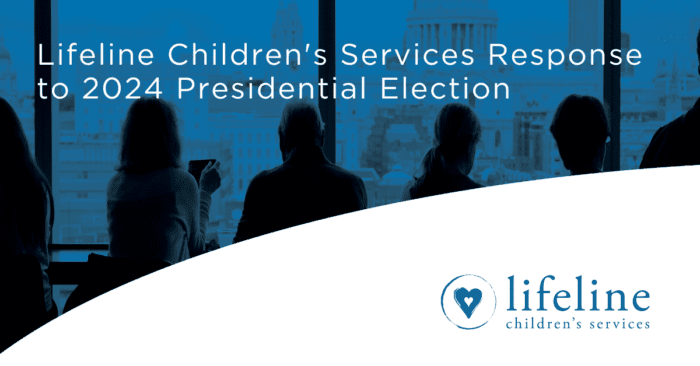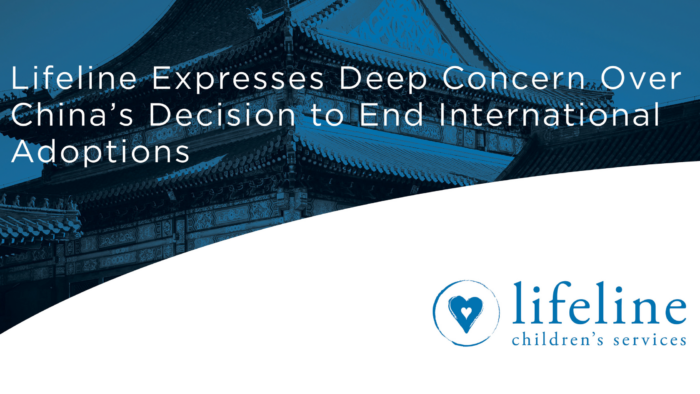

Rick Morton, Vice President of Engagement
This is the 2nd post in a series entitled “10 Things That Will Kill Your Church’s Orphan Ministry.” This series is born out of several years of consulting with and observing many churches across America develop orphan care ministries. Over time, I have noticed some common mistakes that cause these ministries to struggle and even fail. I want to share those observations with you in an effort to help and to stir a discussion about the good things being done to minister well in orphan care.
So, two more things that will kill your orphan ministry are…
#3 Not Supporting Families
Adoption and Foster Care is hard, really hard. If we are going to call families to jump in and engage the orphan care crisis by adopting and fostering, we have to be ready to support them through our church communities.
It will stall the momentum of an orphan ministry or even kill it if the church challenges families to begin fostering and adopting but fails to be a safe, supportive community that backs them when they do. Families who have will feel hurt or alienated, and families considering following their lead will not as a result of seeing how the church has responded to the first wave of adoptive and foster families.
Unintentional but Deadly
I don’t think churches set out to do anything intentional, but inattention can be deadly. Let’s be honest. churches can be some of the least inviting and adaptive places for families that are different, and believe me, many of us as adoptive and foster families would admit to being a whole load of “different.” Many of our kids have quirks, disfunction, and limitations that are pretty far out of the mainstream. They have come from the hard places, and it’s not only the kids. They have needs, and we have needs. Caregiving causes stress and raises issues too. Adoption and foster care is good and God-honoring, but it is messy.
Engage The Mess
Often times the church can be guilty of being the ones who romanticize orphan care and adoption or over simplify it, but urging people to engage in it and not getting ready for the inevitable needs they will have if they actually listen to us. We have to acknowledge the mess that adopting and fostering can be and engage families in the mess. That’s acting like Jesus. He meets us where we are, in our mess, and He walk with us from there. We should follow His example.
If a church is going to call people to engage in orphan care and adoption it needs to support families by:
- Beginning supportive communities for (support groups) parents and children.We all need a safe place to share, decompress, and learn from each other. Being intentional about making time and space for these groups to happen indicates that we value both community and supporting one another.
- Seeking out access to Christian counseling services for families.The skill of referral is not to be underestimated especially in the case of an overburdened family. Being able to point a family that is struggling to resources that can provide relief is a huge help. Taking the time to research and learn about good community services and communicating these to families is VERY important.
- Putting great emphasis on developing and/or strengthening a special needs ministry.This is an important ministry that is not just important of adoptive and foster families, but the percentage of families adopting children with special needs is climbing. These children are treasures from God, created in the image of God. By and large their needs are ignored and underserved by most churches. We need to do better and we can do better. There is a tremendous ministry potential for most churches to begin to reach out to families with special needs children. In many cases, they are suffering in silence and need the community of the church and the kind of selfless love expressed in the gospel given to them very desperately.
- Consider tutoring and ESL ministries for kids that are struggling academically as a result of their backgrounds.Because of the start many older adoptees and foster children have gotten off to, they have developmental delays, learning difficulties, are behind in school, or are in need of language help. With the wealth of people resources in most churches, we have the skills and ability to help many of these children by setting up things as simple as tutoring programs or English conversation groups.
- Being willing to change our terms and traditions.Many of the most closely held traditions and even some of simplest teaching activities we use leave many foster and adopted children out. Nothing is worse to a child than the emotional spotting of being asked to draw a family tree when they don’t know theirs or bring a baby picture to class when they don’t have one. Creating safe environments for these familes should be a key component of our ministry strategy.
- Developing a culture of patience.Adoption and foster care is messy, and the families that engage in it make messes. Churches have to be willing to excuse the messes, even celebrate them, if they are going to support families well.
Ultimately, there are countless ways that we can find to be supportive. The main thing we must do is be attentive to families’ needs and help them. As the church, we are family, and that’s what families do for each other, help and support.
These are just a few ways I have seen that we can support families. How are you and your church supporting foster and adoptive families? We would love to partner with your church to help challenge and equip your members to share the reality, communicate God’s call, and find practical ways to respond. We also have created a resource page that we hope will bring momentum to your church in caring for the fatherless. Visit lifelinechild.org/orphan-sunday for more information.
#4 Not Celebrating Wins
In many churches whose orphan ministry fails or struggles one of the reasons is that the ministry is one of the best kept secrets in the church. No one really knows that the church is actually doing orphan ministry or the good things that the church is doing in Jesus name for orphans, and they won’t know unless we make an intentional effort to tell them.
We need to celebrate the good things that happen in orphan care through the church with the church. When there is a fundraising goal reached, we should acknowledge it and celebrate it. We should welcome adoptive families home and celebrate them. We need to celebrate sponsoring children and mission trips taken and prayer vigils, and lots of other things,
Why? I think there are several reasons:
It is an act of worship. When we celebrate a victory, it is an opportunity to thank God, to acknowledge His goodness and His care, and to give Him glory. We can be intentional about celebrating the God who gave the victory and in whose name it is accomplished.
It encourages those who participated or are participating. When we celebrate an adoption with a shower for the new addition, the family gets to feel loved and valued. When we celebrate reaching a child sponsorship goal, the organizing team is affirmed. Celebrating passes our blessing to those we are celebrating over.
It encourages others in the congregation to consider how God might have them to respond. Their response might be anything from prayer support to leading a major ministry initiative to adopting. Who knows, but seeing what God is doing through His church in these type celebrations has been the first place many people have begun to consider what God might be saying to them about responding to James 1:27.
How do you celebrate orphan care in your church? We would love to partner with your church to help challenge and equip your members to share the reality, communicate God’s call, and find practical ways to respond. We also have created a resource page that we hope will bring momentum to your church in caring for the fatherless. Visit the Orphan Sunday page for more information.
To view all 5 parts of this series, visit the links below:
Part 1
Part 2
Part 3
Part 4
Part 5



